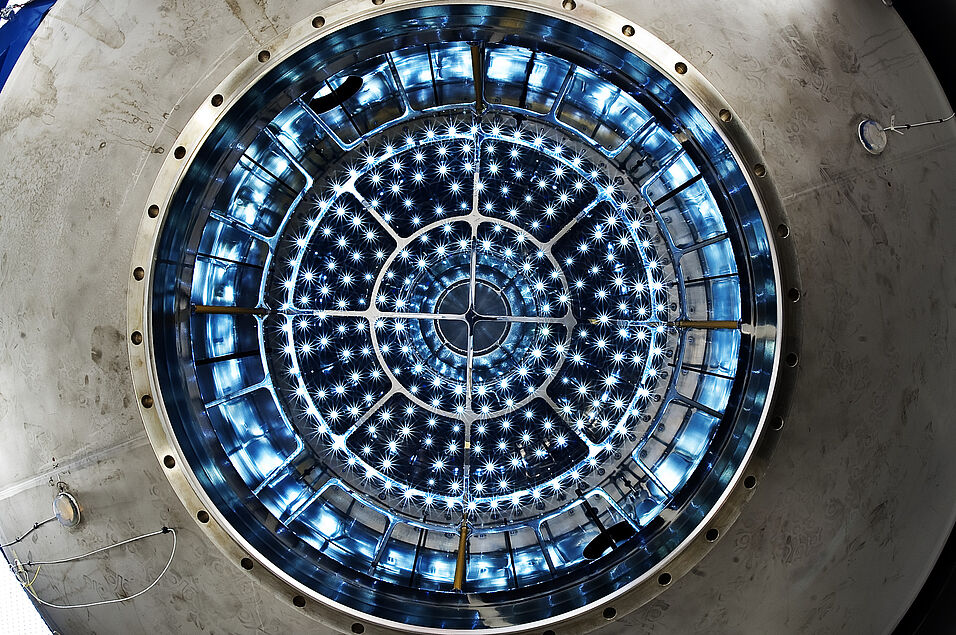The successful candidate will conduct experimental studies of nanoparticle formation using cutting-edge instrumentation for nanoparticle detection and sizing. This work will partly be performed at the CLOUD experiment at CERN, Switzerland. Detector improvements and instrument calibration will be performed at the University of Vienna.
Earliest starting date: 1st of September 2022 (alternatively 1st of October 2022)

